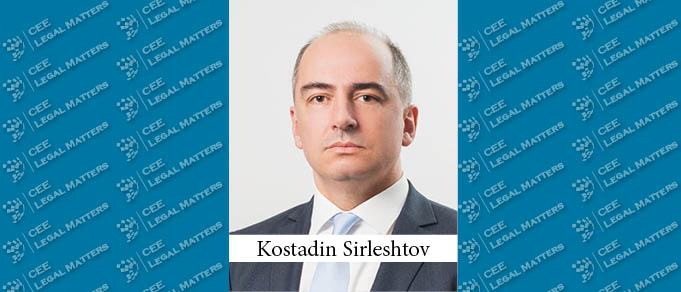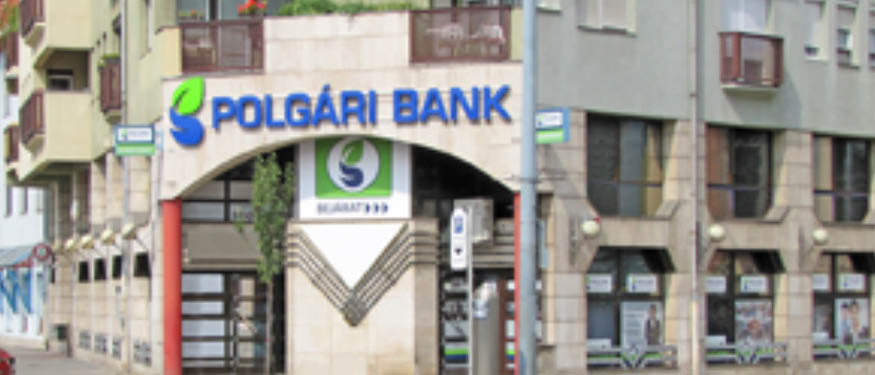A combination of policy support for and decreasing investment costs in renewables, the nuclear energy revival, and major nearby discoveries of natural gas in the Black Sea leads to the unprecedented interest of investors in Bulgaria.
In the field of renewables, Bulgaria is among the leading destinations attracting investments these days, with a 20 gigawatt-peak pipeline dominated by wind and photovoltaic projects. The combination of the newly adopted EU Recovery and Resilience Plan for Bulgaria and the newly launched REPowerEU plan – to rapidly reduce dependence on Russian fossil fuels and fast forward the green transition – act as further catalysts of these investment plans, combined with the somewhat unique no tender (first come-first served) policy of the recent Bulgarian governments. Renowned foreign investors such as Solarian Holdings and Enery (acquiring operational solar projects), MET (acquiring operational wind projects), and many others have recently closed deals in Bulgaria and continue with their acquisition focus. Furthermore, greenfield wind and solar opportunities are attracting international attention and we are expecting some landmark deals to close in the coming months. Leading producers of equipment such as Chint/Astronergy, Risen, Huawei, and the like are particularly active in Bulgaria. The new amendments to Bulgarian legislation – allowing for up to five-megawatt own-need rooftop projects to be constructed without the necessity of long administrative procedures or construction permits – will allow for both households and industrial investors to undertake the rapid deployment of off-grid projects. Green hydrogen is also on the horizon, and the initial changes to legislation towards its support have entered into force.
In the field of nuclear energy, Bulgaria is well placed to provide a platform for investments in zero-carbon emissions technology providing base-load electricity in a sustainable manner. With ongoing projects for Unit 7 of the Kozloduy NPP and Units 1 and 2 of the Belene NPP, Bulgaria is expected to add three new nuclear units in the years following 2030. Furthermore, Bulgaria is also considered a key market for developers of Small Modular Reactors. Therefore, alongside established producers such as Westinghouse, EDF, and the like, we see a growing interest from SMR companies such as NuScale, Rolls-Royce, and Mitsubishi.
Recent discoveries of and policy support measures for natural gas in the Black Sea have led to an increased interest in energy investments in the upstream oil & gas field. Undoubtedly, the Sakarya field in the Turkish section of the Black Sea, with its over 500 billion cubic meters of proven reserves, led to companies like TotalEnergies and OMV Petrom recently extending their exploration rights to the Han Asparih block with the Bulgarian government. It is expected that, in coordination with the EU Commission, the new Bulgarian government will launch two new tenders offshore Bulgaria, which are expected to attract major investors following the unlocked potential of the Romanian discoveries. Furthermore, the Vratsa East block in Bulgaria is the largest onshore oil & gas block in Europe and provides an additional hope for indigenous production. Bulgaria recently introduced the requirement of licenses for gas traders and these procedures have been streamlined by the independent Energy and Water Regulatory Commission.
The interconnectivity of both the electricity and natural gas networks between Bulgaria and its neighboring countries will also keep both Transmission System Operators (TSO) from the region and investors busy in the coming years. Particularly in the context of the ongoing war in Ukraine and the deployment of more renewables, the importance of interconnectivity and the security of natural gas and electricity supplies is reaching unprecedented levels. Both through EU funding (Projects of Common interest and similar) and from TSOs’ own funds, these projects will continue with a special focus on the ICGB gas interconnector between Bulgaria and Greece (expecting its commercial start in 2022) and the new major electricity interconnectors with Greece and Romania.
The energy infrastructure will add new types of projects to the investors’ mix, such as battery storage, floating solar, agrivoltaics, SMRs, and geothermal – in parallel with the more traditional biomass, PV, and onshore wind investments. Bulgaria is also testing billion-sized challenging projects, such as offshore wind, following the 2020 EU strategy on the matter. Such projects need special legislative changes and experience within leading jurisdictions, which specialized teams of lawyers are providing for the benefit of both the investors and the host government.
By Kostadin Sirleshtov, Sofia Managing Partner and CEE Head of EPC, CMS
This Article was originally published in Issue 9.6 of the CEE Legal Matters Magazine. If you would like to receive a hard copy of the magazine, you can subscribe here.
















